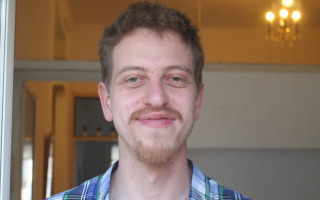Comparing the value of perceived humanversus AI-generated empathy
new paper published in Nature Human Behaviour by Matan Rubin, Prof. Anat Perry, and colleagues, explores whether empathic responses are perceived differently when attributed to a human versus artificial intelligence.
Across nine studies with over 6,000 participants, the researchers found that identically generated empathic messages were rated as more empathic, supportive, and authentic when thought to come from a human.





